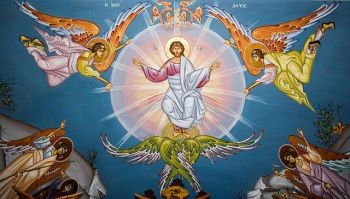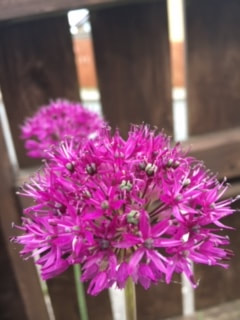
Today, (as Rev. Moodie is on leave), we have a few possible online services that you can choose from, by various ministers within the Non-Subscribing Presbyterian Church of Ireland.
The only ones available at the time of posting this blog are the two listed below.
Other services from other ministers will be available from 11:30 and can be accessed either from the NSPCI website homepage (scroll down to "Reflections"), or on the NSPCI Facebook page (see links further below).
Please click on the links below:
May God bless you as you worship.
(Most of these services are only available from 11:30 this morning.)









 RSS Feed
RSS Feed